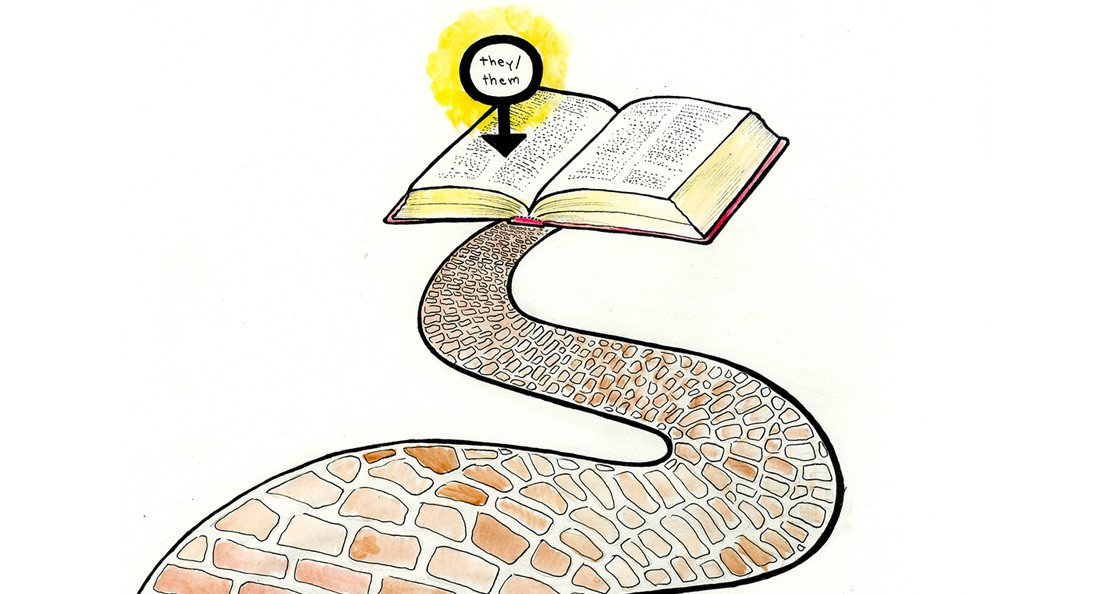They’re finally here
Adding “they”/“them” pronouns to the dictionary is a step in the right direction
On Sept. 17, 2019, Merriam-Webster added the non-binary pronouns “they”/“them” to the dictionary. This is a huge step toward achieving broader acceptance for individuals who identify as non-binary.
For a long time, one of the main arguments against using these pronouns were their lack of grammatical correctness as singular pronouns. Ironically, though, many people who make this argument often use “they” or “them” to refer to individuals when gender isn’t specified.
When someone wishes to be identified using these pronouns, however, the same people often react intolerantly and excuse themselves by explaining that using “they” or “them” as a singular pronoun conflicts with the laws of grammar.
Now, by Merriam-Webster definition itself, “they” and “them” are singular pronouns. This will cause the old deniers to be presented with two options: reveal the bigotry that was always behind their arguments or accept the future and change with it.
Although I do not use “they” or “them” for my pronouns, as a trans man, I understand the importance of being gendered correctly and am aware of the impact this can have on an individual’s mental health. It is often painful, in my experience, to be misgendered by someone else who thinks they know better than I do.
Even with my experience, I struggle to grasp what it would feel like to be told that your pronouns – and your identity – are not viable by the rules of your language. I can only imagine what a belittling experience this must be.
Those who still insist on misgendering non-binary people will often turn the entire English language against them, claiming that their identity is not valid according to the rules of the language itself. This is a horribly disrespectful, condescending experience, which is all too frequently inflicted on non-binary people.
With the addition of “they” and “them” as singular pronouns to the dictionary, this is no longer a justifiable argument. That is why the addition is so important.
New acceptance of “they”/“them” pronouns and increased recognition of the existence of non-binary identities has led to a long-overdue surge in the amount of people willing to proudly state who they have always been. Even public figures – such as singer/songwriter Sam Smith, who goes by “they”/“them,” and actor Amandla Stenberg, who uses both “they”/“them” and “she”/“her” pronouns – are starting to come out in the highly spectated and criticized spaces in which they work.
Unfortunately, this growing acceptance cannot be found everywhere. The purposeful misgendering of trans* people as an expression of hatred and bigotry is as prevalent as ever. The comments section of almost any online article mentioning the use of gender-neutral pronouns will likely reveal countless remarks ridiculing their use. Even a recent Associated Press article written specifically about Smith coming out as non-binary repeatedly misgendered them.
However, it is my hope that it will not be long before the people who are still opposed to respecting non-binary identities will simply become an irrelevant opposition to an inevitable future.
No matter what people say, the use of the pronouns “they” and “them” will only gain acceptance moving forward, and here is step one: official recognition from the dictionary itself.
Jay Webster is a first-year university student who can normally be found writing, studying or drawing. He does slam poetry in his spare time.
Published in Volume 74, Number 6 of The Uniter (October 10, 2019)







